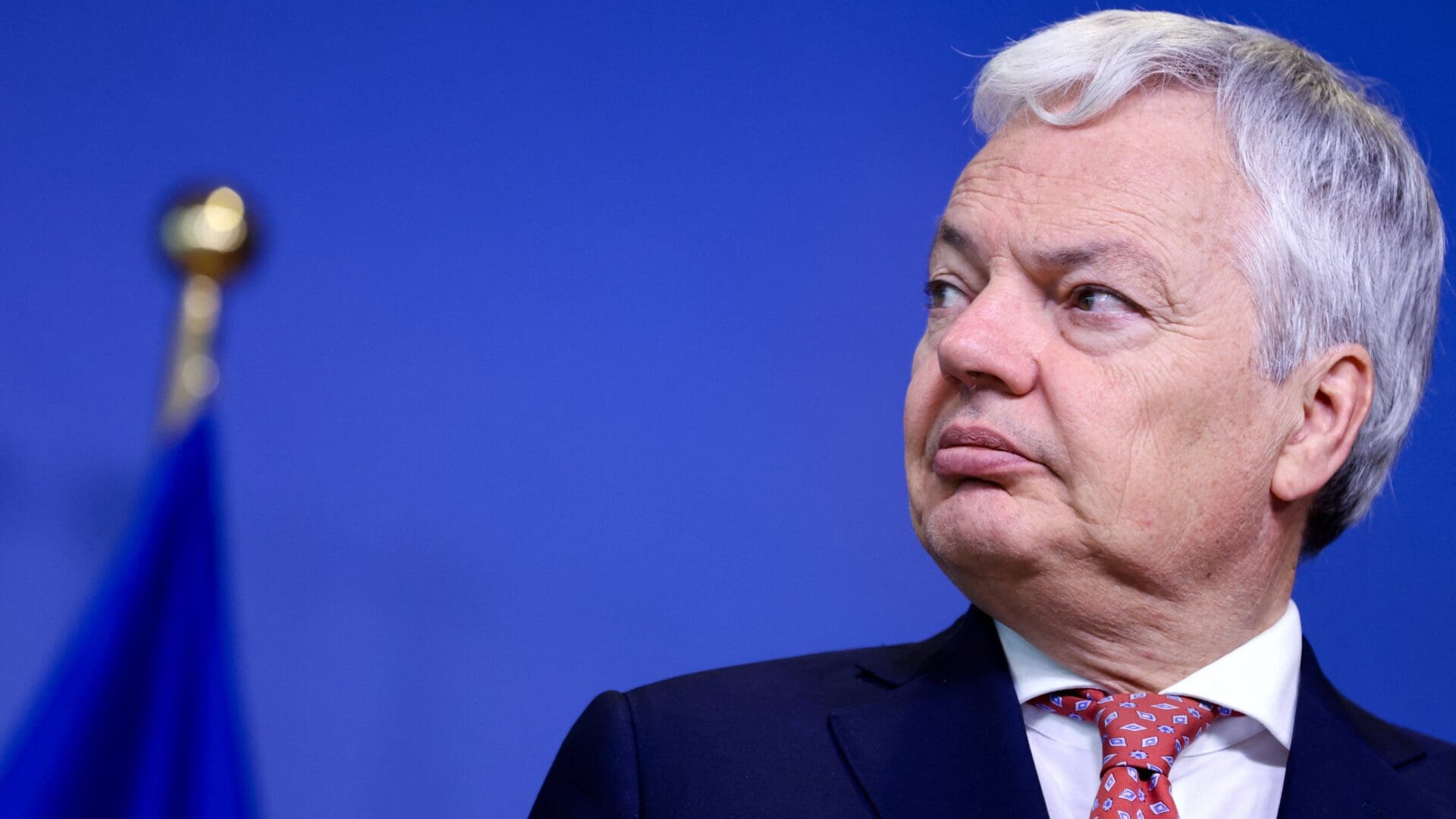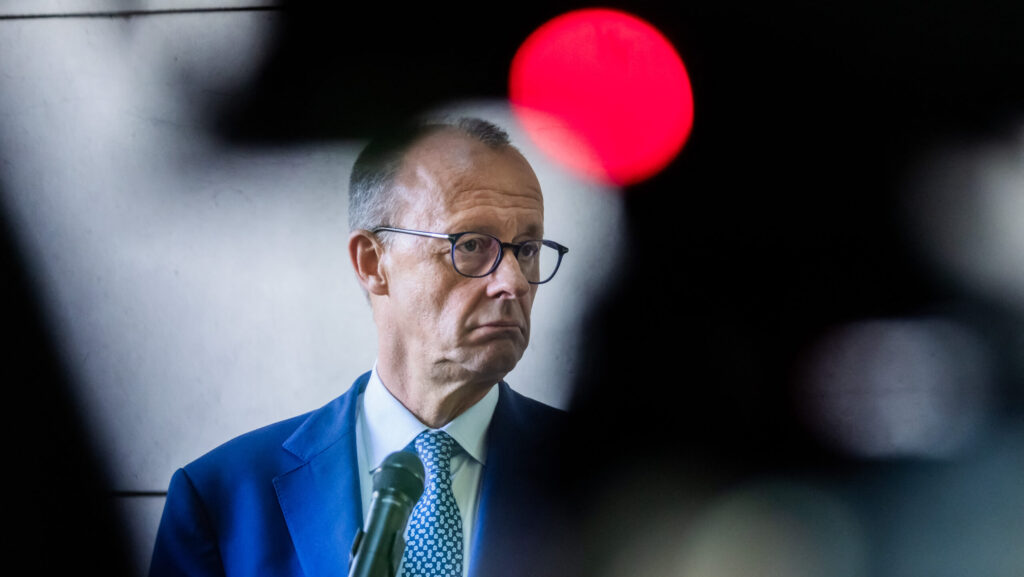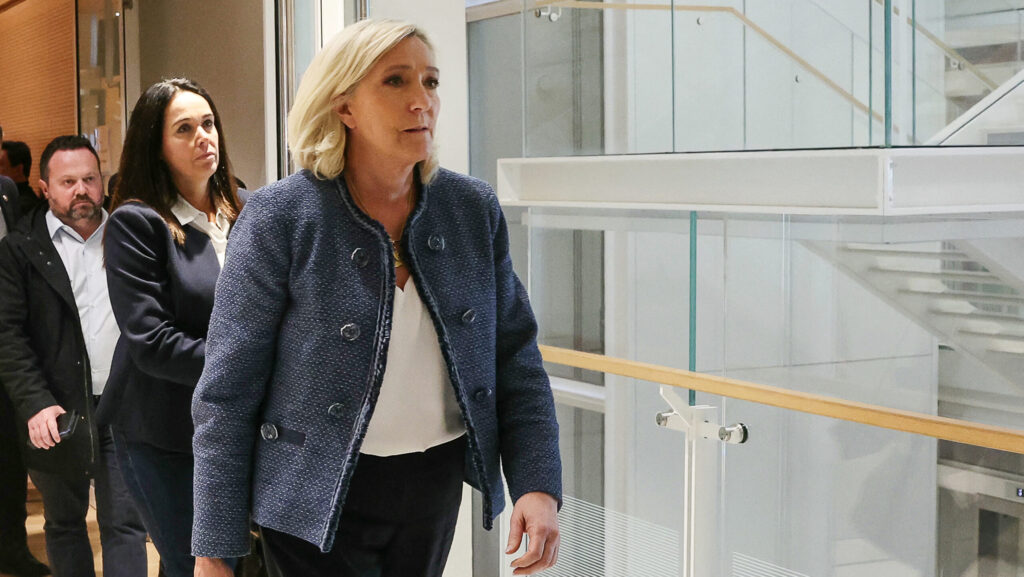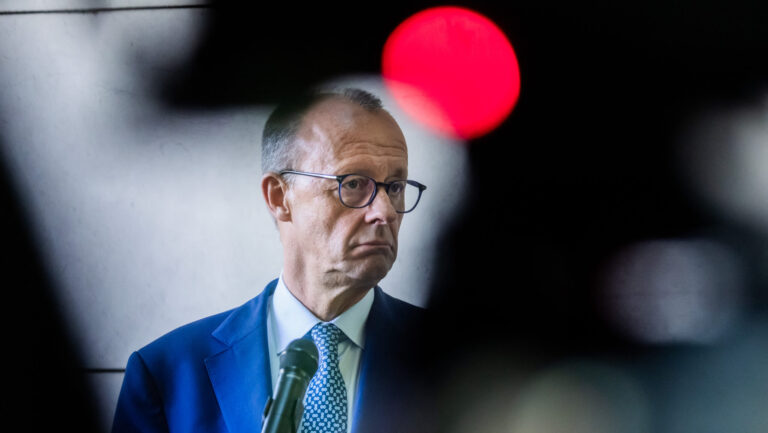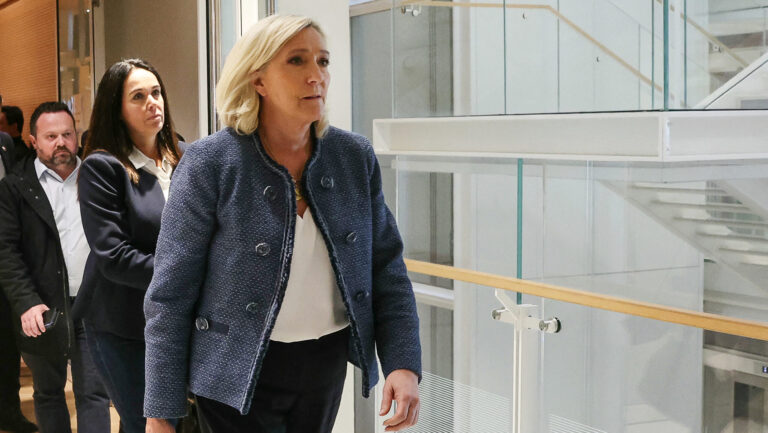Following corruption scandals involving European Commission President Ursula von der Leyen and Manfred Weber, President of the European People’s Party (EPP), Belgian police are now investigating another prominent figure from the European mainstream. The individual under scrutiny is Didier Reynders, former Belgian finance minister and Justice Commissioner under the first Von der Leyen Commission.
According to Belgian media reports, the country’s federal police raided several properties linked to the former commissioner on suspicion of money laundering. Reynders allegedly purchased lottery tickets through the National Lottery over several years, an organization he oversaw as finance minister between 2007 and 2011. It is claimed that he participated in lottery games and deposited the resulting, allegedly laundered, profits into his personal account.
‘Reynders participated in lottery games and deposited the resulting, allegedly laundered profits into his personal account’
Local media report that the investigation had been ongoing for months, but authorities waited until the end of Reynders’ term as European Commissioner on Sunday—coinciding with the expiration of his EU immunity. According to Euronews, one of the properties raided was Reynders’ private residence, and the former EU justice chief was questioned by police until Tuesday evening.
The European Commission has denied any prior knowledge of Reynders’ alleged activities and has pledged full cooperation with the authorities. ‘We have, of course, seen the media reports about a case involving former Commissioner and former minister Didier Reynders. We do not have any further information on this matter,’ a Commission spokesperson said, according to Euronews. ‘If the Belgian authorities were to contact us, we are going to collaborate with them.’
Reynders has not yet made any public statement regarding the case, and the exact amount of money involved remains unclear.
Brussels’ Hypocrisy
The timing of the case is particularly sensitive for Brussels, not only because the new European Commission began its work this week with a special focus on the rule of law, but also because the rule of law was part of Didier Reynders’ portfolio for the past five years. In short, Reynders, who has frequently criticized Hungary and Poland on issues of rule of law and corruption, now faces allegations suggesting he himself may have been involved in corrupt practices.
Kinga Gál, Vice-Chairman of the European political group Patriots for Europe (PfE) and Fidesz MEP, reacted to the case in a post on X. ‘As Commissioner, he repeatedly lectured Hungary on the rule of law and corruption and played a key role in the EU’s withholding of funds owed to Hungary for political reasons. Now the Belgian police have raided his properties on allegations of money laundering,’ she noted. Gál added that the European Commission should put its own house in order before criticizing member states.
Kinga Gál on X (formerly Twitter): “The latest chapter of Brussels’ hypocrisy. Former Commissioner for Justice, Didier Reynders is accused of money laundering by the Belgian authorities. As Commissioner, he repeatedly lectured Hungary on the rule of law and corruption and played a key role in the EU’s… https://t.co/NFibt2a7P8 / X”
The latest chapter of Brussels’ hypocrisy. Former Commissioner for Justice, Didier Reynders is accused of money laundering by the Belgian authorities. As Commissioner, he repeatedly lectured Hungary on the rule of law and corruption and played a key role in the EU’s… https://t.co/NFibt2a7P8
And the fish stinks from the head, as the saying goes. How can anyone expect the Commissioners to avoid corruption when the President of the European Commission is herself implicated in corruption allegations? As reported by Hungarian Conservative, during the coronavirus pandemic, Brussels signed a €35 billion contract with the pharmaceutical company BioNTech/Pfizer for the immediate delivery of 900 million vaccine doses, with an option to purchase an additional 900 million.
Now, as the pandemic wanes, much of this supply remains unused, gathering dust in warehouses. Meanwhile, the EU is desperately trying to negotiate concessions from Pfizer to halt further shipments, albeit with limited success.
Von der Leyen played an unusually prominent role for a Commission President in this deal, reportedly exchanging several text messages with Pfizer’s CEO, as detailed in an April 2021 article by The New York Times. In February 2023, the newspaper filed a lawsuit against the European Commission for refusing to disclose the content of these messages and related correspondence.
At the end of 2022 the corruption scandal known as Qatargate rocked the European Parliament, with several MEPs investigated and taken into custody over suspicion of having accepted bribes from Qatar and Morocco, in exchange for influencing legislation in favour of the two countries. The cases of the (former) MEPs are still pending. The level of corruption that characterized the EP before the elections earlier this year is well demonstrated by the fact that as of February 2024, one in four MEPs were accused at some point of breaches of the law and misconduct.
Most recently one of Manfred Weber’s closest associates became implicated in a corruption-related case.
Related articles:

